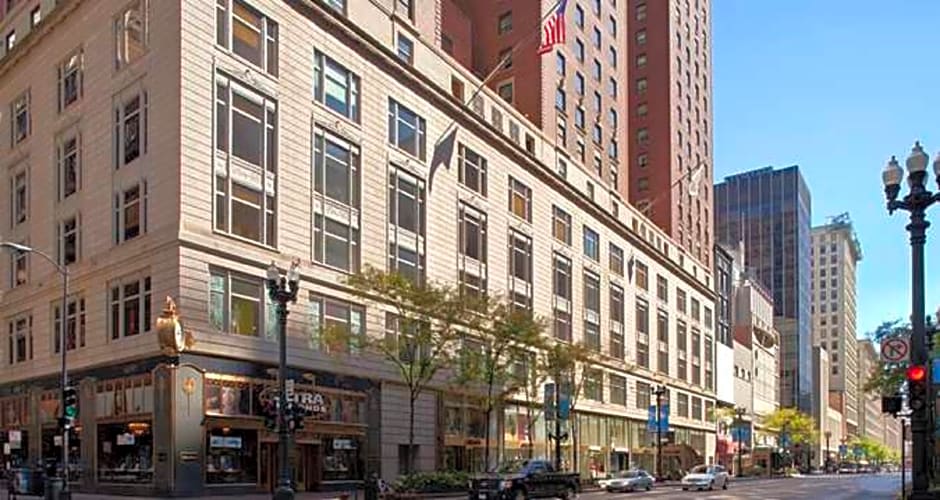| ||
I have taken quite the opposite view. For all race mattered through America's long, sad history of slavery and Jim Crow, most people alive today were born since the passage of the Civil Rights and Voting Rights Acts and the institution of affirmative action. They are used to seeing blacks in positions of prestige and authority, residing in middle class neighborhoods and attending top colleges. The real American divide, in my view, was social class. (Not the only divide, of course... I do study religion and politics, after all.) We live in an era of ever-widening inequality, with economic groups living more and more apart from each other, evolving different norms of behavior and signs of identification. I vividly illustrated this last fall in a class discussion: Imagine, I instructed the class, I'm walking down the street with a black colleague, and we pass a house where a few white drunks are throwing bottles off the porch and shouting racial epithets. Am I suddenly going to identify with my white brothers? I think not!
And yet, in spite of my naivete and bad hypotheticals, some pretty careful research concludes that race is very much with us. Jason Anastasopoulos of UC-Berkeley presented "The Big Sort: Diversity, White Flight and Polarization in Neighborhoods and Cities." He tracked the impact on neighborhoods in Houston, Texas, of the influx of hurricane refugees from New Orleans in 2005-07. As the mostly black refugees moved in, a sizeable portion of existing residents, mostly white, relocated out of those neighborhoods. Relocation decisions were predictable by ideology--conservatives moved, liberals didn't--resulting in a more liberal neighborhood overall. This supports the argument of authors like Bill Bishop (The Big Sort, 2008) that Americans are moving to be with like-minded people, resulting in strongly conservative and liberal areas that elect strongly conservative and liberal representatives who then have trouble agreeing on policy decisions. The racial lesson is ambiguous: any influx that massive is likely to be destabilizing for the neighborhoods, and it's certain (given how the damage affected different areas of New Orleans) that the refugees were mostly lower class.
Findings in "The Primacy of Race in the Geography of Income-Based Voting" by Clayton M. Nall of Stanford and Eitan Hersh of Yale are more difficult to explain away. Nall and Hersh analyze the relationship between family income and a voter's choice of candidate. (Survey research going back to the 1930s shows the probability of voting Republican increases with with income, though the relationship has been less strong since the 1960s.) In congressional districts that are predominantly white, income remains strongly predictive. But for whites in racially-mixed districts, the wealthy still vote Republican but the less-well-off tend not to vote Democratic as much as similar voters in predominantly white districts (or blacks in racially-mixed districts); this is particularly true in the South.
Race, then, still motivates political behavior. Perhaps one can explain nonwhite racial solidarity by the legacy of discrimination and minority status. For whites, though, that reason doesn't wash. We--particularly people like me who have been rather naive about the topic--need to acknowledge the lingering presence of racial motivations in American political behavior. And we should commit ourselves to working for a better life for all, rather than acting to protect ourselves from spurious threats.
Bruce





No comments:
Post a Comment